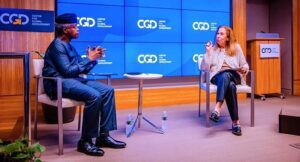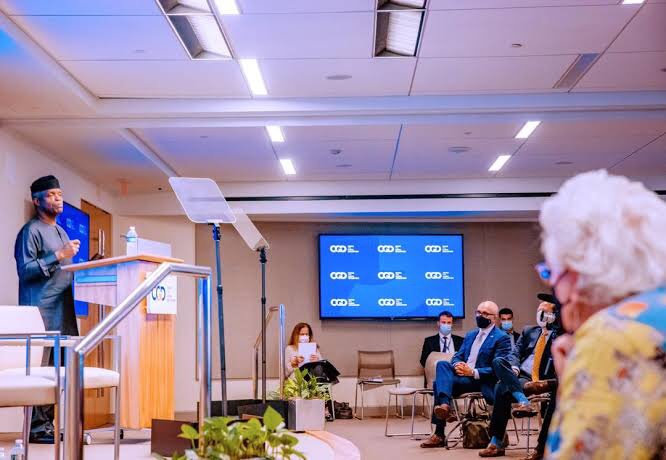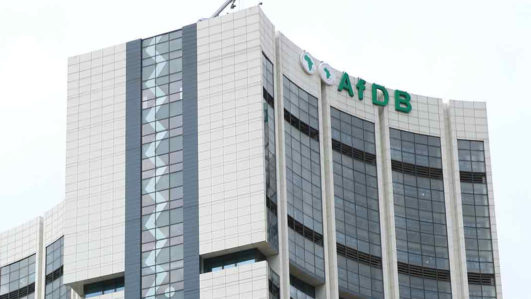Nigeria’s Vice President, Yemi Osinbajo, has proposed a Debt-For-Climate (DFC) Swap deal to enable African countries to help advance the course of global net-zero emissions targets and facilitate energy transition access.
The senior special assistant to the president on media said the fund must then be used for agreed climate projects in the debtor country.
Osinbajo went on to say that for many developing countries, the main issue was a combination of two ongoing crises: the climate crisis and poverty. This fact makes it clear that our plans and promises to become carbon neutral must include two crises that are still going on.
Read Also: South Africa Green Energy Transition Startups Has $100 billion Funding Opportunities.
“This includes access to energy for both consumption and production, including electricity, heating, cooking, and other end-use sectors.”
“Nearly 90 million people in Asia and Africa who had previously gained access to electricity can no longer afford to pay for their basic energy needs; the inflationary pressures caused by the COVID-19 pandemic and other macroeconomic trends have been further exacerbated by the ongoing war in Ukraine.’’
He said that making it hard to finance gas projects for local use is likely to be a big problem for economic growth, giving people access to electricity and clean ways to cook and making renewable energy a bigger part of the energy mix.
The vice president said that the ETP was made to deal with the twin crises of energy poverty and climate change, to reach SDG-7 by 2030 and net-zero by 2060, and to focus on providing energy for development, industrialization, and economic growth.

Osinbajo noted that many countries in the global North are responding to the current energy crisis with two different set of rules.
Read Also: Nigeria Will Begin Manufacturing Electric Cars In 2023
“There are only 81 gigawatts of installed capacity to serve the one billion people in Sub-Saharan Africa who don’t live in South Africa.” Based on information already out there, Sub-Saharan Africa has contributed less than one per cent of the cumulative CO2 emissions.
Salisu Dahiru, the director general of the National Council on Climate Change; Uzoma Emenike, Nigeria’s ambassador to the US; and Damilola Ogunbiyi, the UN secretary general’s special representative for sustainable energy for all (SEforALL), were among others in attendance.
















